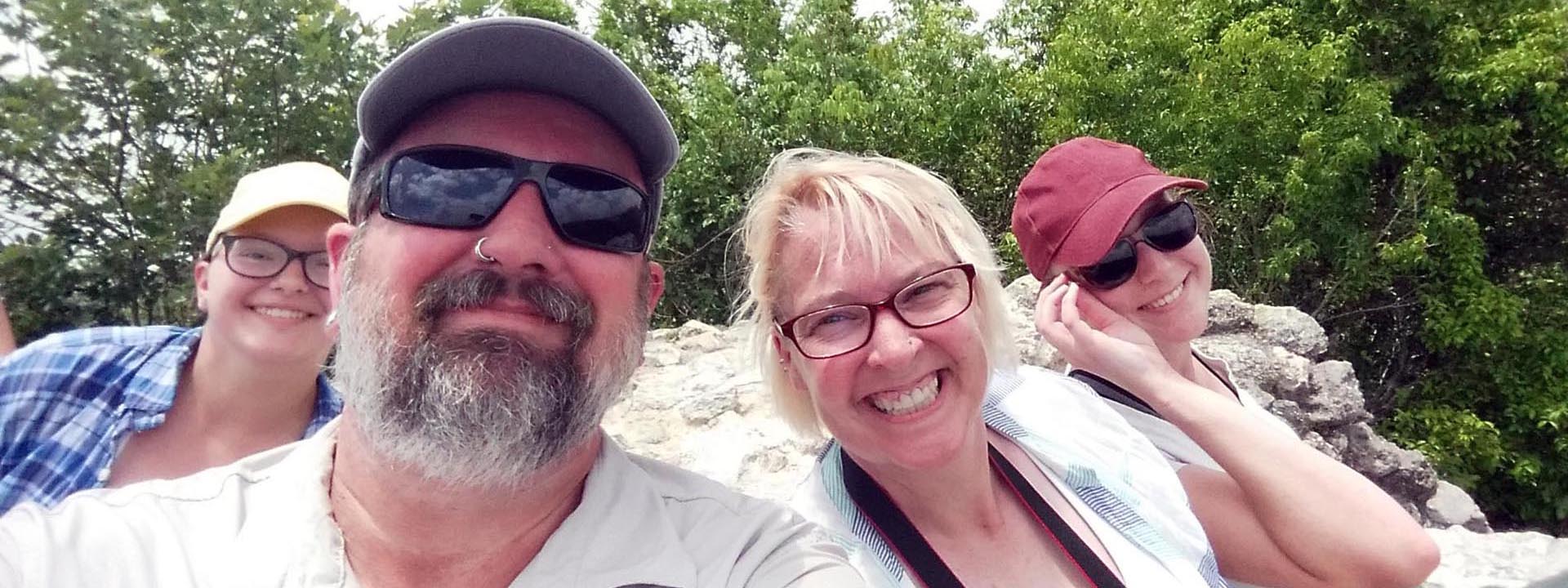Douglas W. Hume, Ph.D.
Anthropologist & Educator
About Me

I serve as the Director of Assessment, Accreditation, Curriculum, and General Education, and hold the rank of Professor of Anthropology at Northern Kentucky University. In my director role, I guide campus-wide efforts to uphold academic quality and ensure institutional compliance. I oversee assessment systems, manage accreditation processes with SACSCOC, coordinate curriculum development and approvals, and support general education initiatives. Collaborating with faculty, staff, and administrators, I facilitate program reviews, align academic policies, and supervise key personnel to foster a culture of continuous improvement and institutional effectiveness.
My research examines how humans perceive and interpret their environments, and how these perceptions influence behavior within ecological systems and social groups. Grounded in cognitive anthropology, my work explores the ethnosemantics of agriculture, conservation, and community development, employing mixed methods to reveal how cultural models vary across different communities. My graduate research examined the transition from swidden to irrigated rice agriculture in Madagascar, and I have since expanded my focus to include community development challenges in Belize and the greater Cincinnati region. At NKU, I founded the Center for Applied Anthropology (CfAA), which empowers students to engage in hands-on research with local communities, preparing them for careers and graduate study in applied anthropology. For more information about my research, see the following:
- Belize – Applied Ethnographic Research
- Kentucky – Applied Ethnographic Research
- Madagascar – Applied Ethnographic Research
- Other Projects….
As an educator, I am dedicated to fostering critical thinking, cultural awareness, and student engagement through experiential learning. My teaching philosophy centers on connecting anthropological theory to real-world contexts, encouraging students to become active participants in their education. I design courses that challenge students to explore diverse perspectives, collaborate across disciplines, and apply anthropological methods to contemporary issues. Whether in the classroom, during fieldwork, or through community-based projects, I strive to create inclusive learning environments that spark intellectual curiosity, promote personal growth, and support professional development.For more information about my teaching, see the following: